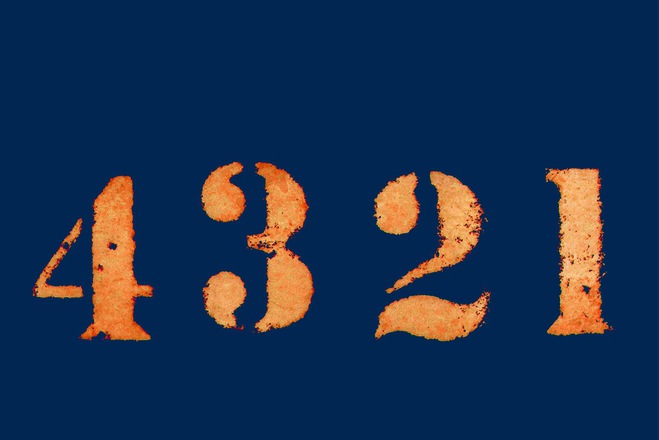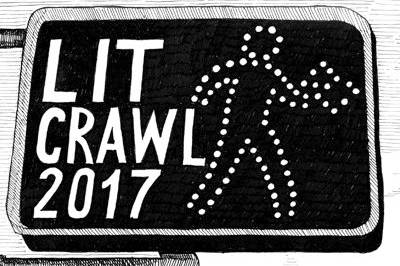The thing about literature is that as one generation of giants fall, another is always ready to take its place. The most recent winter of titans concluded when John Updike passed away and Philip Roth announced his retirement. We’ve got a young generation on the rise with Zadie Smith and Chimamanda Ngozi Adichie. But the generation now at the height of its power includes names like Don DeLillo and, most especially, Paul Auster.
Every bookstore’s new-arrival table is always groaning under the weight of at least one densely packed novel by an enthusiastic young male author who aspires to join the ranks of Auster, Adichie, and Updike. You know the kind I’m talking about: It tries to thematically pack the entire universe between two covers, even as it aspires to dazzle the critics with ostentatious acts of linguistic gymnastics. It’s at least 800 pages. And it will be forgotten in 18 months or less, because those elephantine, cram-the-world-into-a-book books make for lousy debut novels.
Unlike those dense books by shallow talents, Auster’s first novel in seven years, 4 3 2 1, reflects the craft and soulfulness he’s invested in his work for three decades. It’s a gorilla-choker of a novel with a massive scope that earns its high concept. In brief, it’s the story of the life of Archibald Isaac Ferguson, the grandson of Russian Jews who came to New York City in search of their own sliver of American success. But in practice, it’s much more complicated. In a series of eight long chapters, 4 3 2 1 cracks Ferguson’s story into quarters, and follows his life through four alternate timelines. Auster runs these lives in parallel like a master composer deriving variations from a theme. In some timelines, Ferguson is successful; in others, a failure. In some lives, he falls in love and grows as a person; in others, he breaks bones and ruins relationships.
4 3 2 1 builds on questions Auster has asked again and again in his work since his 1987 debut novel, The New York Trilogy: How much of our lives are constructed on top of the quicksand of coincidence? Can there be such a thing as a successful life? Do we ever really learn lessons? He writes his usual metafictional intercessions into the text (Ferguson was born exactly one month after Auster, in the same city), but here they feel less like his typical commentary on the bizarreness of the act of reading and more like a deep bow toward autobiography.
At nearly 900 pages, this is a big book whose every page is earned, a story by a novelist still learning, aspiring, interacting with literature. And Auster’s not done leaving his giant footprints on the earth. In the middle of January, he told The Guardian that he believed Donald Trump’s election to be “the most appalling thing I’ve seen in politics in my life,” and he made a vow: “I’m going to speak out as often as I can, otherwise I don’t think I can live with myself.” He’s not done with us yet. Town Hall, 1119 Eighth Ave., townhallseattle.com. $38 for one person/$42 for two (price includes copy of the book). All ages. 7:30 p.m. Thurs., Feb. 9.
Paul Constant is the co-founder of The Seattle Review of Books. Read daily books coverage like this at seattlereviewofbooks.com.








